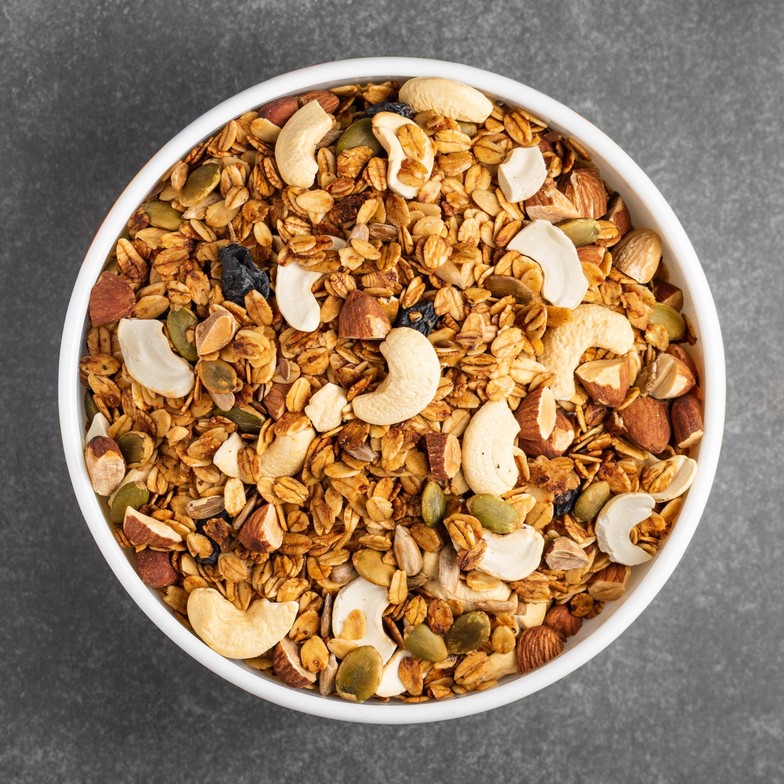
March is colorectal cancer awareness month here in Canada. In my naturopathic practice, I find myself thinking often about colon cancer prevention using nutrition and lifestyle. This is because there are multiple nutrition and lifestyle-based risk factors that we can do something about to help prevent colon cancer. These risk factors include little exercise, consumption of processed meats, regular alcohol intake, smoking, and a low-fibre diet.
As a naturopathic doctor, I often find myself recommending fibre to my patients because it is so important for multiple reasons. Of course, it can reduce colon cancer risk. Fibre can also help reduce high blood pressure, reduce high cholesterol levels, and improve diabetes and pre-diabetes. Not to mention, fibre can help regulate bowel movements and provide food for our healthy gut bugs (our intestinal microbiome)!
I will sometimes recommend a fibre supplement, but often I suggest adding in more fibre-rich foods into our everyday diet. Fibre comes from a variety of whole plant foods, like berries, lentils, flaxseed, almonds, and whole grains, like quinoa and brown rice. The trick is, if our diet is rich in meat, potatoes, and white bread or pasta, then we are consuming very little fibre in those foods. Fibre is an important part of a healthy diet but can be low in our standard way of eating. Fibre is found primarily in plant-foods (grains, beans, fruits, vegetables, nuts, seeds) and is absent in animal products (meat, dairy, eggs).
Some helpful tips I find to eat more fibre daily include:
- Replace “white” foods with “brown” foods – instead of white bread, white rice, white flour, etc, aim for whole wheat bread, brown rice, wild rice, quinoa, and other whole grains
- A handful of almonds and/or walnuts daily is great snack
- Ground flaxseed in a smoothie or yogurt goes a long way
- Add beans and lentils to your favourite recipes (stews, chilis, soup, etc.)

Shawn Peters
Contact Me



